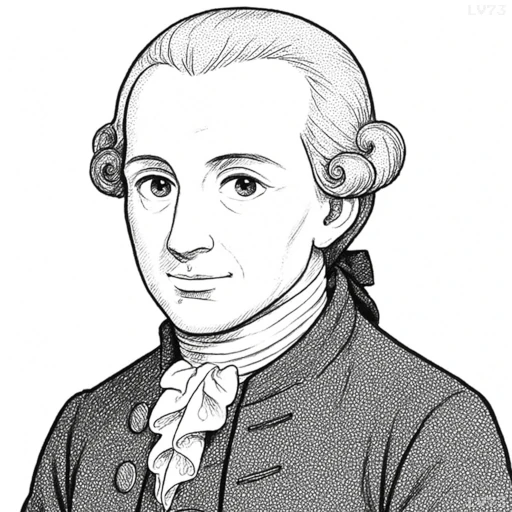“Always recognize that human individuals are ends, and do not use them as means to your end.”

- April 22, 1724 – February 12, 1804
- Born in Germany (East Prussia)
- Philosopher
table of contents
Quote
“Always recognize that human individuals are ends, and do not use them as means to your end.”
Explanation
In this quote, Immanuel Kant underscores one of the central principles of his ethical philosophy: that human beings should always be treated as ends in themselves, not as mere tools or instruments to achieve another goal. Kant’s categorical imperative dictates that we should act in ways that respect the intrinsic dignity of every individual. This means that, when making decisions, we should not exploit others for our own purposes, whether that is for personal gain, power, or advantage. Each individual has inherent moral worth, and our actions should reflect this by valuing others for their own sake, not merely for what they can do for us. This principle emphasizes the idea of mutual respect, where each person is recognized as having their own autonomy and rights.
In the context of modern society, this idea is relevant in various aspects of personal, professional, and political ethics. For instance, in business, individuals should not be seen as means to an end to increase profits, but rather as people with rights, needs, and dignity. Similarly, in politics, policies should not exploit or manipulate individuals for the benefit of a select few, but should aim to uphold the dignity and freedom of all people. Kant’s view is foundational in discussions of human rights, where individuals are entitled to be treated with respect and not exploited or oppressed for the benefit of others. This principle also challenges practices such as human trafficking, exploitation in the workplace, and discrimination, where people are treated as mere means to achieve a particular goal.
Historically, this quote reflects Kant’s Enlightenment ideals, particularly the respect for individual autonomy and the rejection of authority that treats individuals as objects or instruments. In Kant’s time, many social structures, including slavery and feudalism, treated people as mere tools to serve the needs of a few, often disregarding their human dignity. Kant’s ethical framework was a revolutionary shift towards a moral philosophy based on the inherent worth of each individual, grounded in reason and autonomy. Today, his influence can be seen in the development of modern human rights and ethical frameworks that aim to protect individual dignity in all aspects of life. Kant’s insistence on treating others as ends in themselves remains a vital principle in the ongoing fight for justice, equality, and human dignity worldwide.
Would you like to share your impressions or related stories about this quote in the comments section?
